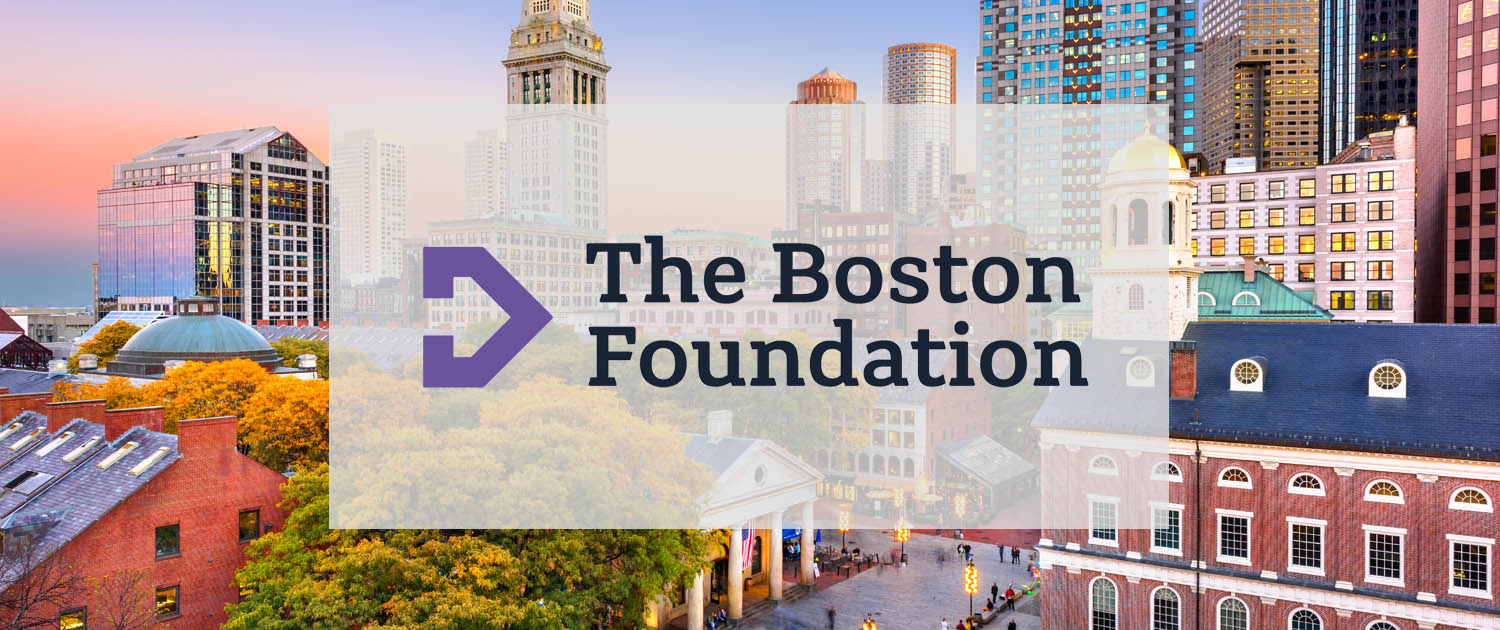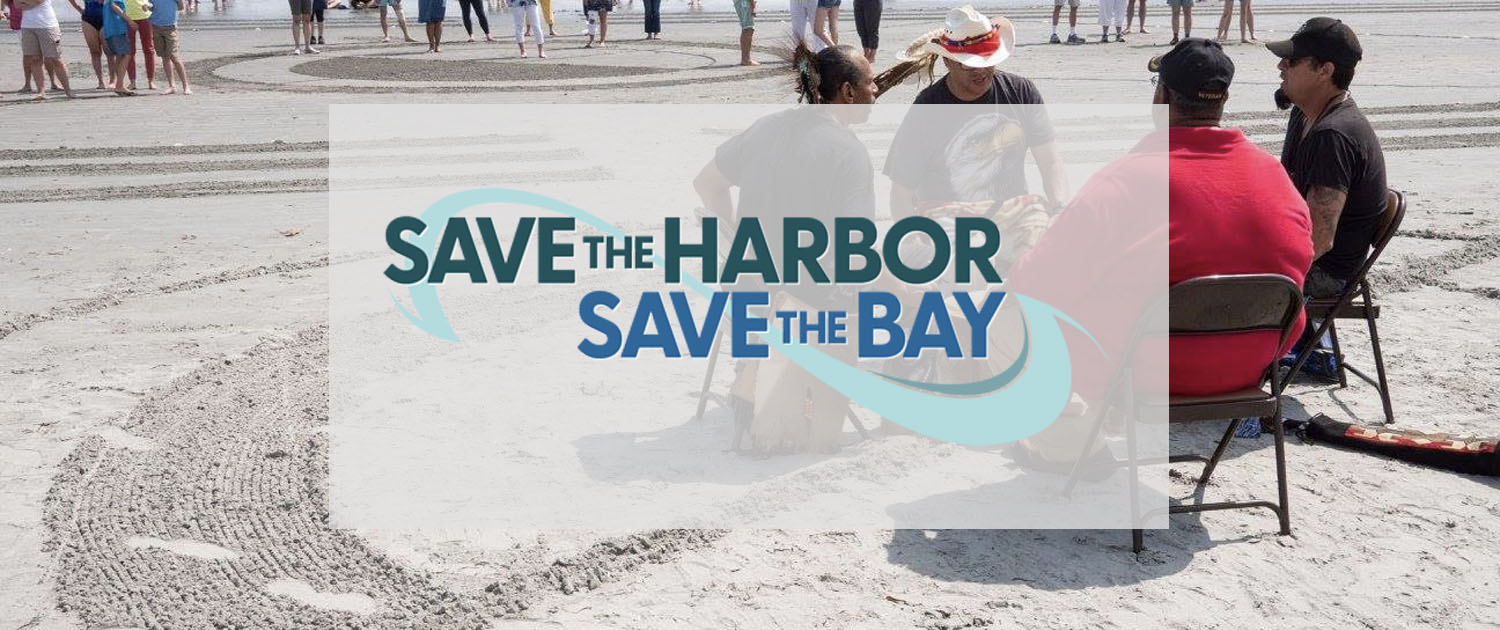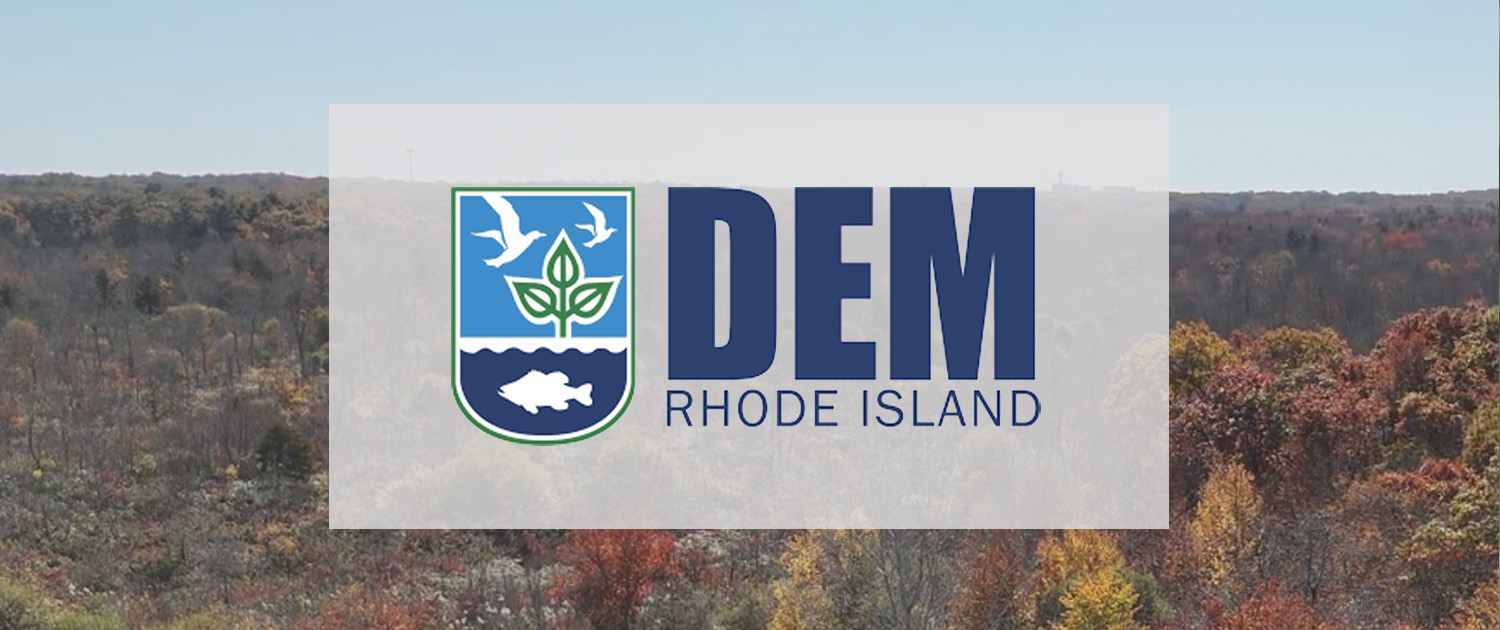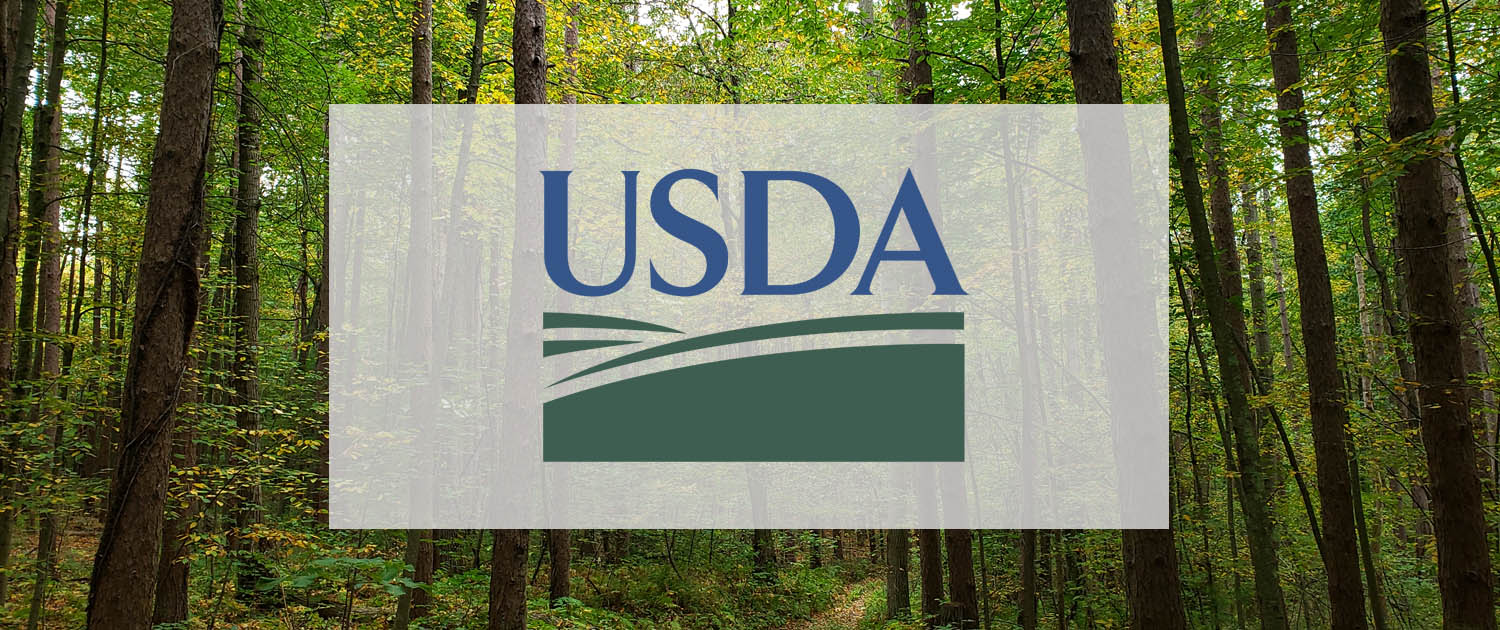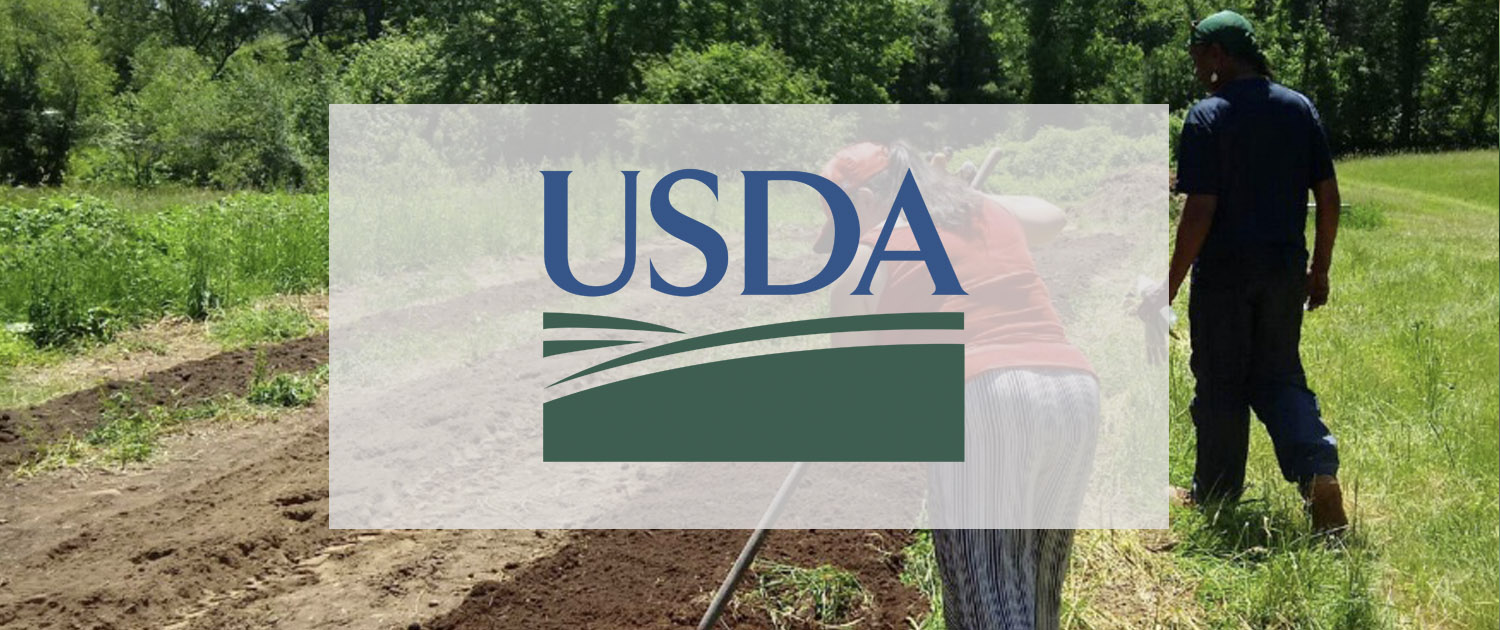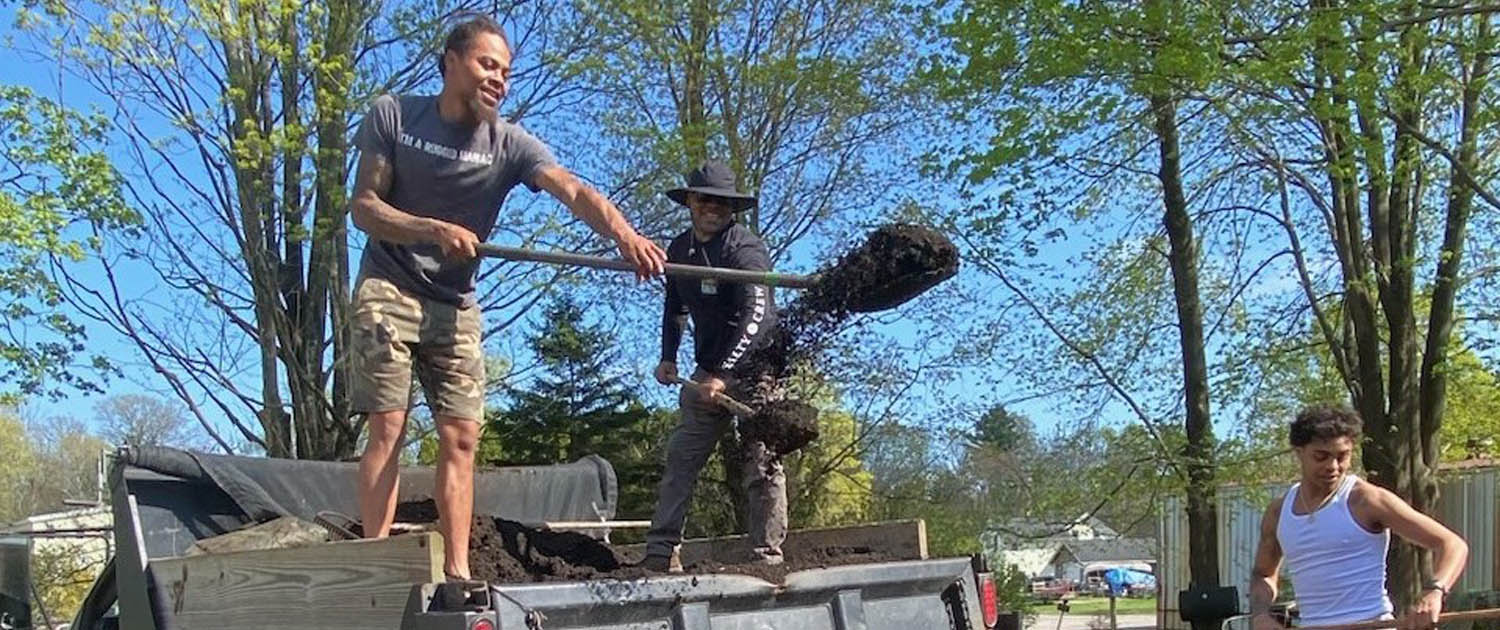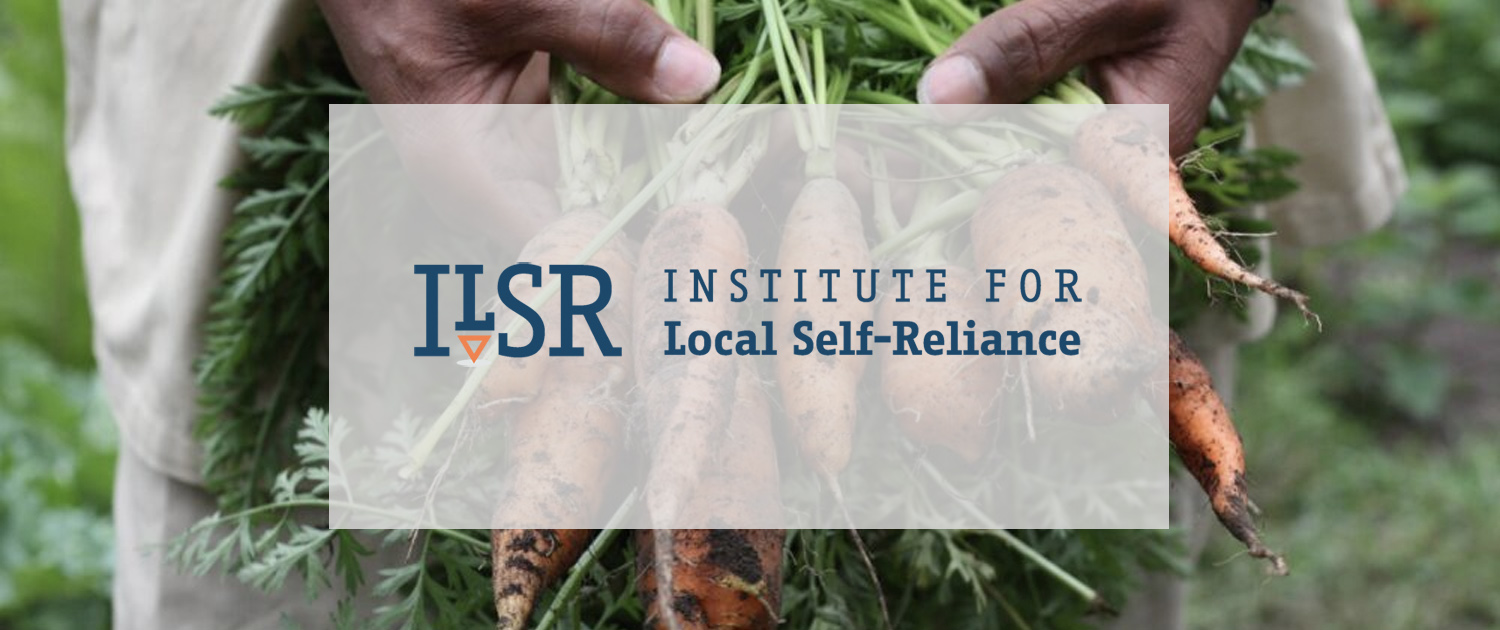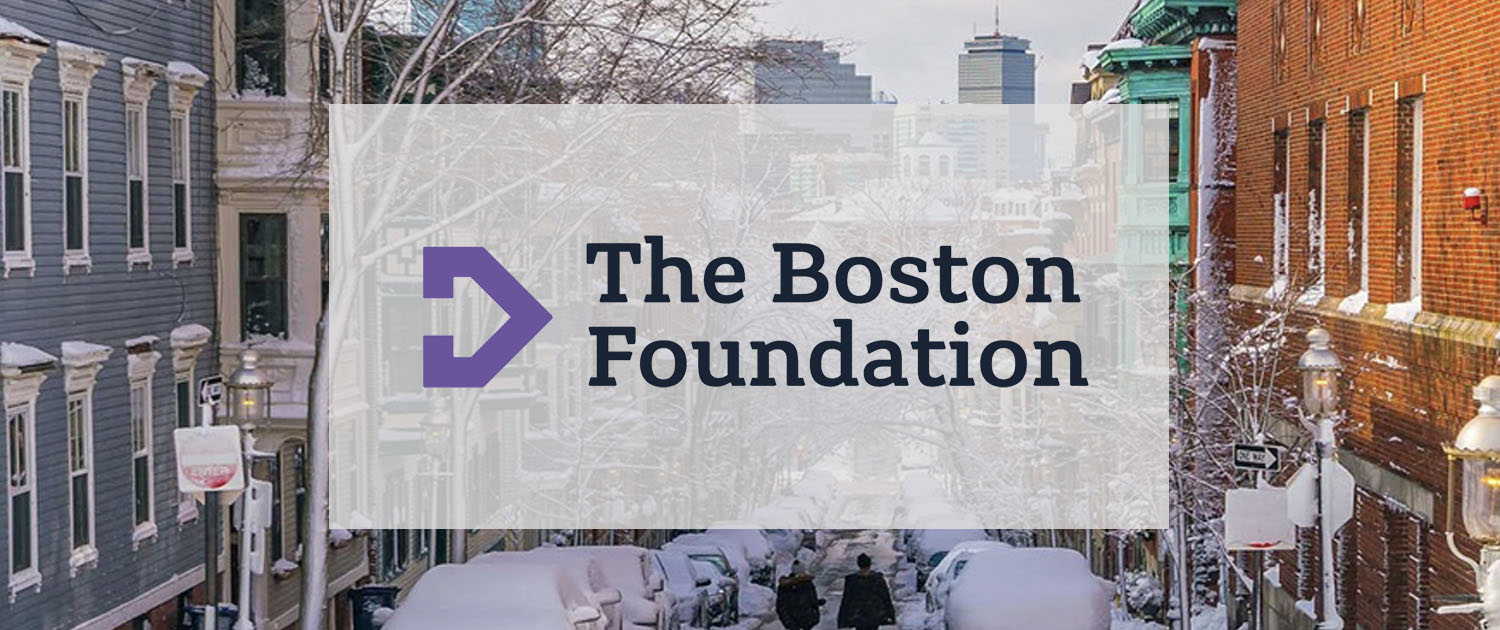PPLT Awarded GAIA Grant to Expand Indigenous-Led Composting and Food Sovereignty Program
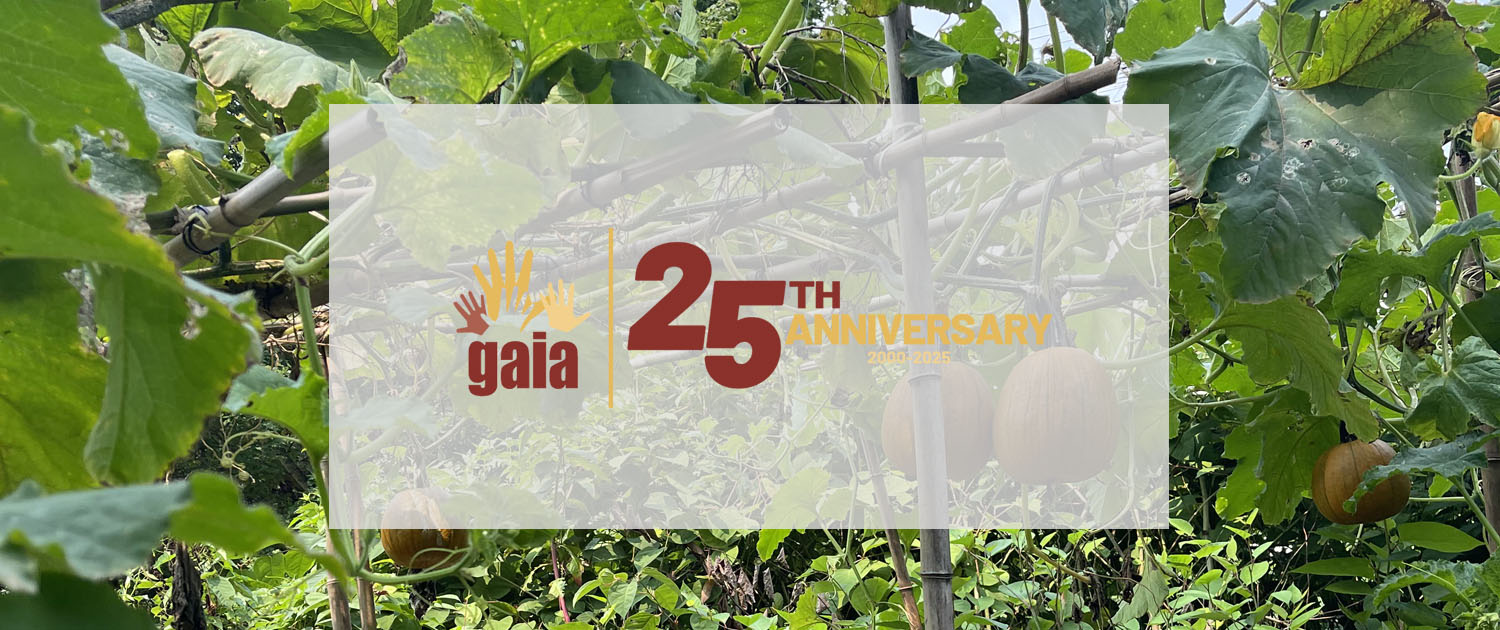
The Pocasset Pokanoket Land Trust (PPLT) is proud to announce that it has been awarded a $25,000 grant from the Global Alliance for Incinerator Alternatives (GAIA) to expand its Indigenous food sovereignty program through community-led composting initiatives.
GAIA is an international network of grassroots organizations, non-profits, and advocates working toward a zero-waste future. With 800 members across more than 90 countries, GAIA advances environmental justice by promoting community-driven solutions to waste, pollution, and resource conservation.
This funding will support the expansion of backyard composting efforts led by Narragansett Clan Chief Musquant Nompashim Netas (Rocky Johnson). The initiative will directly benefit families currently participating in PPLT’s food sovereignty program while addressing the increasing demand from those on the waiting list. By creating accessible, zero-cost composting solutions, this program will help divert organic waste from landfills, reduce methane emissions, and enrich soil health to support sustainable food production.
“In Rhode Island, as in many states across the U.S., composting services are largely privatized and cost-prohibitive for low-income families,” said Michelle Nikfarjam, Program Manager at PPLT. “Through this grant, we can remove financial barriers, provide essential infrastructure, and empower Indigenous families to engage in waste reduction and sustainable agriculture on their own terms.”
By demonstrating the scalability and impact of localized composting solutions, this initiative serves as a model for how zero-waste strategies can advance environmental justice, climate resilience, and Indigenous food sovereignty.
To support Indigenous Roots Forever or other PPLT programs, go to our Donations page.

